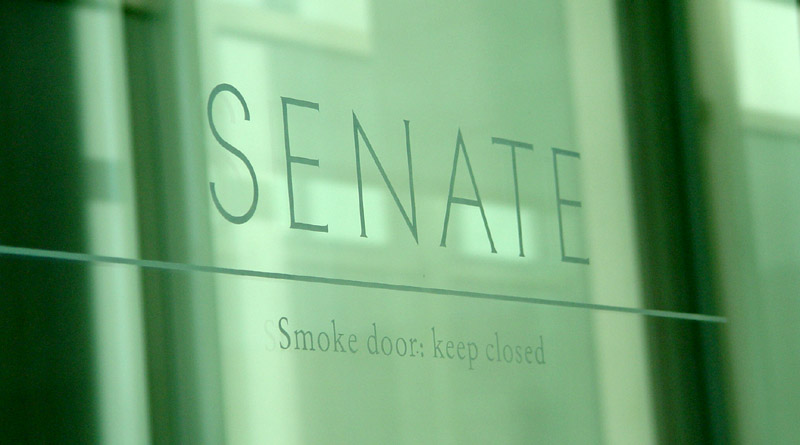Australia’s newest parliamentarians descended on Canberra this week for ‘MP school’, a crash course in the day-to-day operations of the Lower House. Next week, Australia’s first-term senators will arrive on Capital Hill for their own orientation program, ahead of Parliament’s return on the 30th of August.
There is an especially large contingent of first-term senators this time around, after the Coalition only managed to win 30 of the Senate’s 76 seats at the last election, nine short of a majority. As a result, the Government will require the support of nine members of the cross-bench to pass legislation.
The composition of the Senate, including the crossbench, is as follows:

Prior to the election, Senators Leyonhjelm (LDP) and Lambie (JLN) proved challenging for the Coalition to engage. Both have been re-elected for another term, as have nine senators from the Greens, the support of whom the Coalition is unlikely to rely upon. Indeed, despite Opposition Leader Bill Shorten’s previous commitment to pass many of the Government’s budget reforms, his about-turn yesterday goes to show nothing is ever certain in the Upper House.
As a result, the seven new senators about to enter Parliament for the first time have a particularly important role to play. The Coalition will be eager to woo these fresh faces, and may even be willing to engage in ‘horse trading’, supporting crossbench policies on a quid pro quo basis.
Of course, this assumes these minor parties remain unified – the collapse of the Palmer United bloc last term showed just how difficult it can be for a Government to find a majority amongst a disparate array of independents.
The Senate orientation program will take place over three days beginning next Tuesday, covering topics such as ‘Setting up an office’, ‘Introduction to Senate procedures’ and ‘Keeping track of Senate business’, before culminating in a mock sitting.
Here’s a quick look at the seven new senators who will be in attendance, and who will be of greatest interest to the Government.
Nick Xenophon Team (NXT)
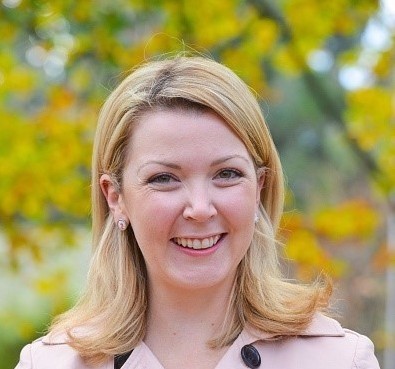
Senator Skye Kakoschke-Moore (SA)
A former staffer of Senator Xenophon, Senator Kakoschke-Moore shares her old boss’s interest in gambling law reform and will also look to pursue “fair and sensible migration policies.” In addition, Senator Kakoschke-Moore told the ABC she will seek to preserve South Australia’s manufacturing sector.
Likely term: three years.
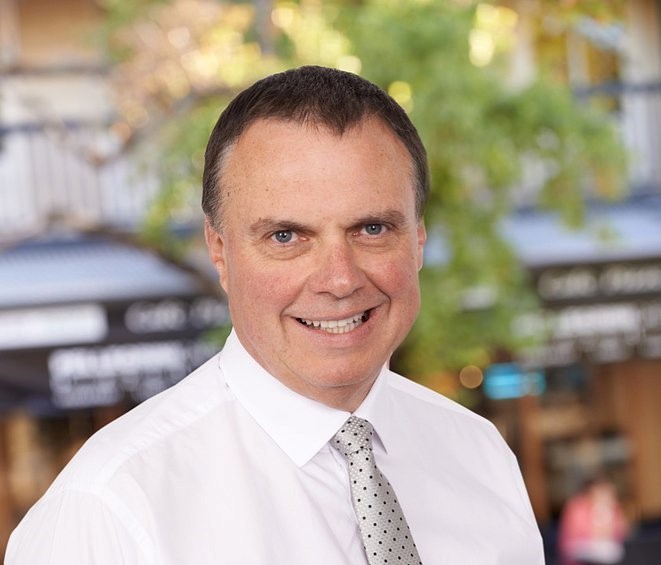
Senator Stirling Griff (SA)
Senator Griff supports reduced penalty rates for small businesses, creating tension between himself and the Labor party, who preferenced him below the Liberal Party at the federal election. He has also stated he is interested in preventative health care policy.
Likely term: six years.
Derryn Hinch’s Justice Party (DHJP)
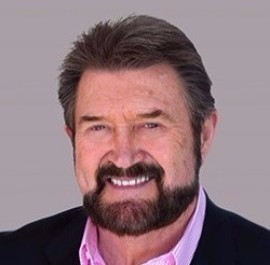
Senator Derryn Hinch (Vic)
Senator Hinch campaigned on a law-and-order platform, including harsher penalties for child sex offenders. He has stated he will not form an alliance with other crossbenchers, describing One Nation as “crazy”, and is committed to supporting the Coalition’s superannuation reforms. He describes himself as a “socialist” regarding health policy.
Likely term: three years.
Pauline Hanson’s One Nation (PHON)
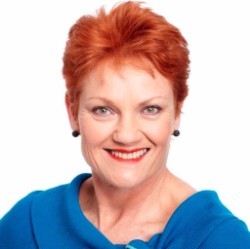
Senator Pauline Hanson (Qld)
Senator Hanson is the only newly elected Senator with prior federal parliamentary experience. During the 2016 campaign, the Prime Minister said Senator Hanson would not be a “welcome presence” in the Upper House. However, Senator Hanson recently claimed she and the Prime Minister have reached an understanding.
Likely term: six years.
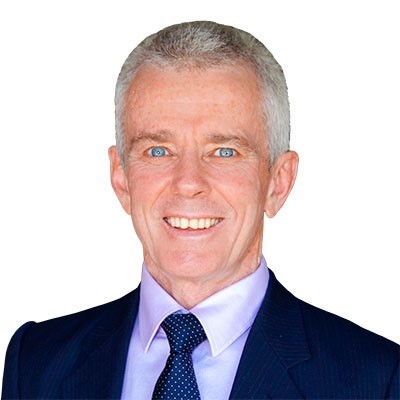
Senator Malcolm Roberts (Qld)
Senator Roberts has already made headlines for his strong disbelief in climate change science. In an address to the media following his election, Senator Roberts made it clear he will not follow Senator Hanson’s lead on all issues. This may present a challenge for the Coalition, with One Nation Senators unlikely to consistently vote in a unified bloc.
Likely term: three years.
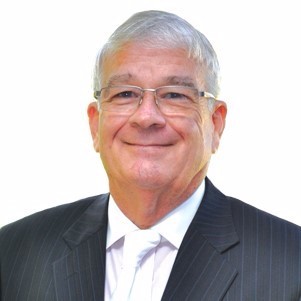
Senator Brian Burston (NSW)
A surprise winner on the NSW Senate ballot, Senator Burston has been a One Nation member since the party’s inception. He has stated his priority will be to address issues related to border security and “national identity”, including banning new mosques and limiting Muslim immigration. He describes himself as “pro-Australian”.
Likely term: three years.
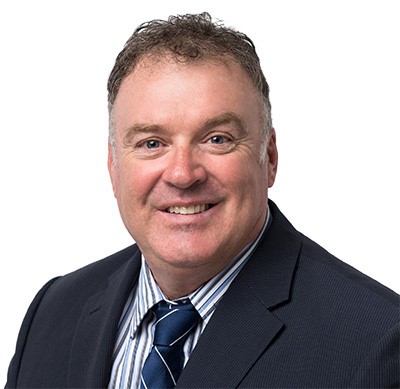
Senator Rod Culleton (WA)
Senator Culleton’s eligibility for a position in the Upper House was left in question until recently due to an outstanding criminal charge which has now been annulled. He enters the Senate with a strong interest in foreign investment in agricultural land, which he opposes, and a belief in the need for a royal commission into the banking sector.
Likely term: three years.
Note: Senate Terms
Following a double-dissolution election, the Senate is completely refreshed. This bears the question, how long will each senator serve for? The 76 senators decide this among themselves, likely based upon their order of election: the first six senators elected for each state will receive a six-year term, while the remaining six will receive a three-year term.


